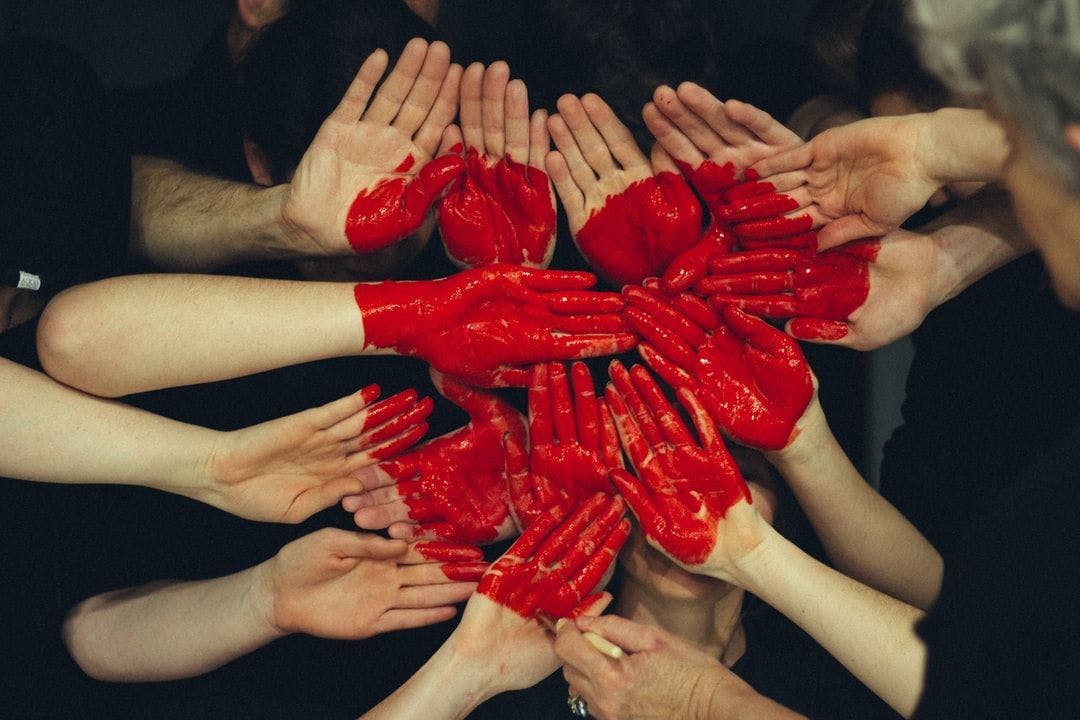551 reads
An Essay Concerning Humane Understanding, Volume I: Book II, Chapter XI.
by
June 23rd, 2022
Audio Presented by

English philosopher and physician, widely regarded as one of the most influential of Enlightenment thinkers
About Author
English philosopher and physician, widely regarded as one of the most influential of Enlightenment thinkers
